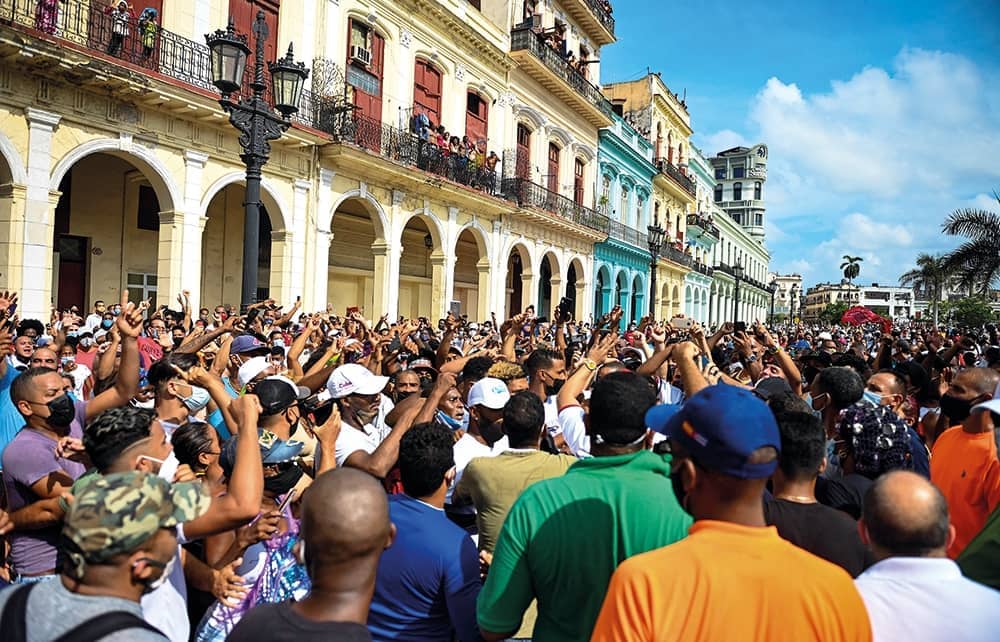In 1968, the US anthropologist Oscar Lewis arrived in Cuba with a tape recorder and a mission to capture the revolutionary zeal of everyday Cubans. Eighteen months later, he was sent packing. ‘We have nothing to hide,’ Fidel Castro, the leader of the country’s 1959 revolution, had supposedly told him. That wasn’t quite true: production targets were being missed, dissidents were being locked up and the US trade embargo was already beginning to bite.
The project briefly – and unsuccessfully – passed into the hands of Boom-era author and friend of Fidel, Gabriel García Márquez. After that, the voices of Cubans vanished from the official record. Lots of vituperative denunciations from Cuban exiles, certainly. But of the factory worker in Havana or the single mother in Cienfuegos, not a word.
How Things Fall Apart marks a hugely significant step at putting this right. After years of bureaucratic wrangling, Elizabeth Dore, an American academic based in the UK, persuaded the Cuban government to let her loose with a Dictaphone.

Get Britain's best politics newsletters
Register to get The Spectator's insight and opinion straight to your inbox. You can then read two free articles each week.
Already a subscriber? Log in







Comments
Join the debate for just $5 for 3 months
Be part of the conversation with other Spectator readers by getting your first three months for $5.
UNLOCK ACCESS Just $5 for 3 monthsAlready a subscriber? Log in